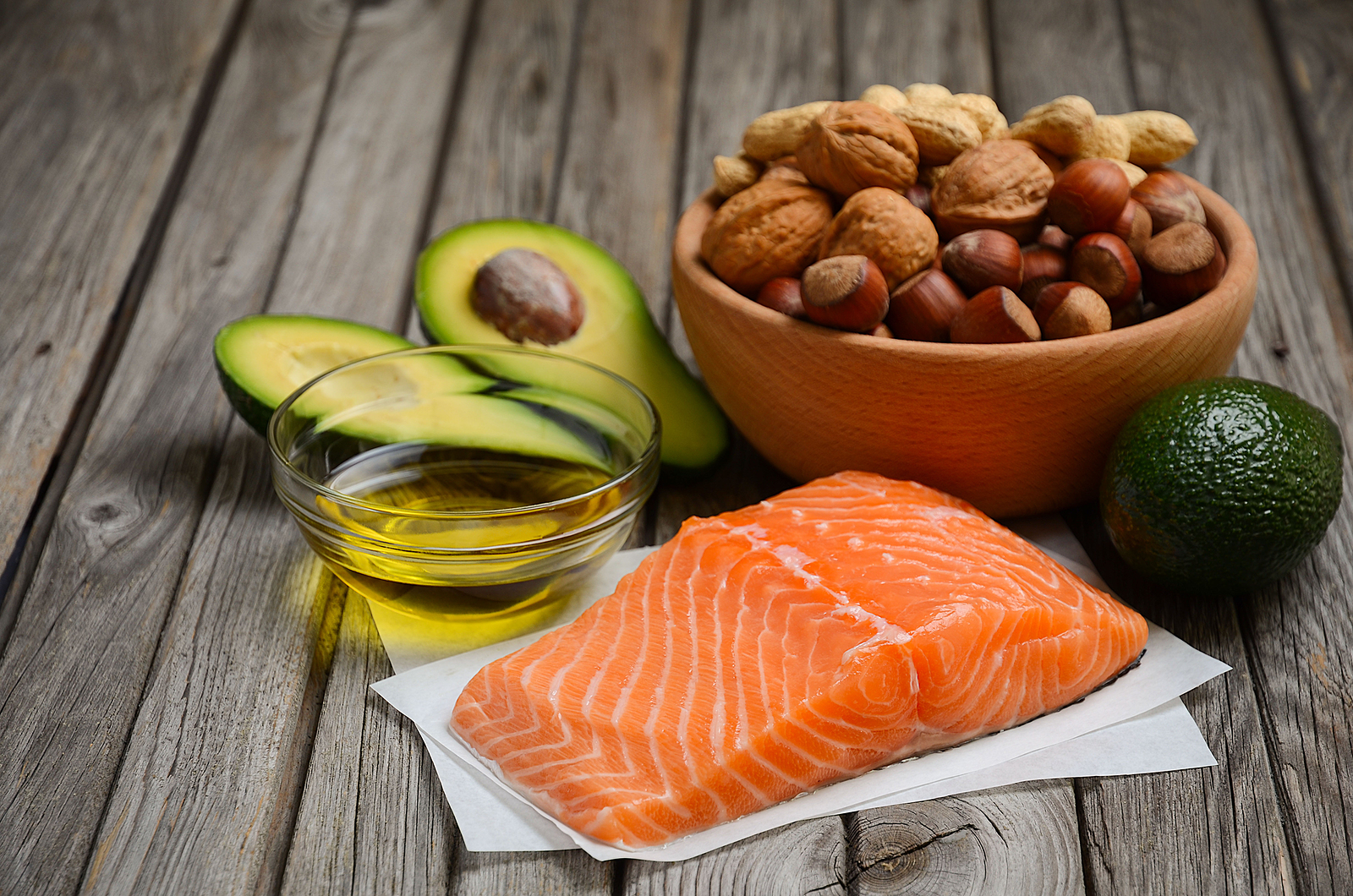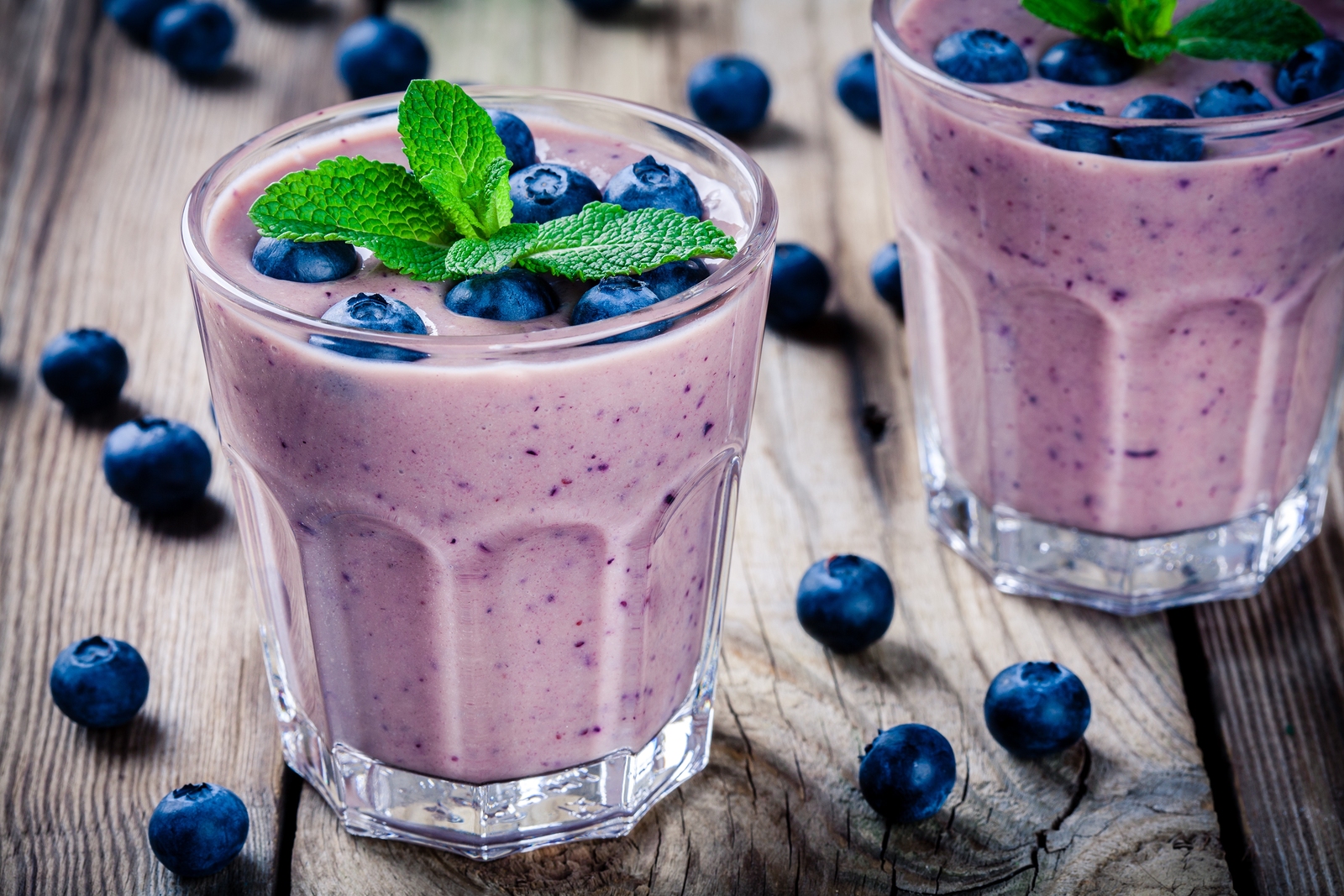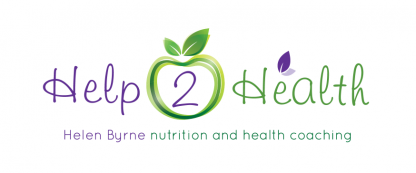Hi there,
My goal at Help2health Nutrition is to provide you with evidence based information to support healthy eating and a healthy lifestyle. No diets, no fads, no quick fixes. I am not attached to any food manufacturer, any health promoting company or any organisation. I work under my own brand Help2health Nutrition providing you with unbiased, evidence based information. My motto is ‘Just real food for real people’. I aim to educate, guide, support and inspire.
Below are 15 evidence based healthy eating habits that will work for you if your goal is to create habits that last long term, lose weight and keep it off, have lots more energy and get off the sugar for good.
1. Eat food you enjoy.
It may seem as if the easiest way to lose weight is to stop eating the foods you overindulge in. If you pick foods you don’t like, you’re doomed to fail. Food is a pleasurable experience; if you cut out all the foods you like, you probably won’t stick to your plan. Coming up with an eating regime that you can stick to is important which includes making healthy swaps for the foods your love.

2. Portion sizes are key.
There’s a psychological component to eating, especially when you have weight loss in mind. Being conscious of losing weight and sticking to the right portion sizes is half the battle. Keeping an eye on portion sizes is a great way to help avoid overeating — especially with portion sizes rising since the 1970s. Fill half your plate with fresh vegetables, 1/4 of your plate with slow releasing carbohydrates and 1/4 with lean protein. Portion sizes have increased by as much as three times in the past 20 years and it is changing what we think of as a normal meal. One way to keep calories in check is to stick to the following simple guide.

3. Skip the restaurant or canteen and pack your lunch instead
If you’re trying to control your portion sizes, it is best to pack your own lunch. Restaurants will give you more calories than you need, which you will probably eat because we all conditioned to avoid waste! Research shows that people who eat food they have prepared themselves are more likely to eat healthier.
4. Stick with foods that are packed with fibre and protein.
Fibre and protein help keep you feeling full. Processed foods are often low in both of these ingredients and instead are high in refined carbohydrates, namely sugar and white flour, which is quickly absorbed into the blood stream. That’s why you don’t feel as satiated after eating a white ham and cheese bread roll as you might after eating a fibre-filled baked potato topped with beans. High-protein and high-fibre foods should be included in all weight-loss plans because feeling full will help prevent overeating and spur weight loss.

5. Go Mediterranean.
People who eat as if they live in the sunny south of France or Greece can significantly reduce their risk of heart attack and stroke. The first study of its kind confirms the known benefits of a Mediterranean diet for people living in Britain and Ireland. Studies have shown that healthy people who adopt Mediterranean eating habits were 16% less likely to suffer damage to their hearts or arteries. A Mediterranean diet includes lots of fruit and vegetables, whole nuts,grains, olive oil, little red meat and moderate amounts of dairy, fish, poultry and wine.
6. Get your calories from food, not liquids.
Drinking your calories is a sure way to load on the weight. In a study of 173 obese women ages 25 to 50, researchers found that swapping out sweetened beverages with plain old water was linked with weight loss, independent from diet and exercise. Also with the advent of the Irish Coffee Culture we are drinking lattes, cappuccinos, macchiatos, mochas, frappuccinos and all the rest as if they are going out of fashion. I have requested a full nutrition listing from Starbucks for all their drinks which I will post up for your information. My concern as a parent is the number of pre teens and teenagers drinking these drinks that are loaded with sugar.
7. Be flexible.
Having an eating plan with flexibility is key. Having options for what you can eat can make it easier to build a plan into your life, as opposed to a diet that is regimental and sticks to a narrow range of food choices. The more flexibility and options you have the better. This is why I co-create eating plans with my clients based on variety and build in swaps and alternatives so there is plenty of choices.
8. Go with your gut … bacteria.
The microbes that live in your large intestine,collectively called your microbiome, play an important role your overall health and well being. In a recent study, researchers in Sweden came up with a mathematical formula to help find the right eating plan for each person based on his or her microbiome. The study authors found evidence that these plans could help the participants lose weight and prevent certain diseases.
If you want to diversify your gut microbiome include fermented probiotic foods in your diet such as kefir, sauerkraut and kombucha and eat prebiotic foods such as onion, garlic, bananas, asparagus and rye to feed and support the growth of bacteria in the colon.
 9. Drink Water before your meal.
9. Drink Water before your meal.
A small study showed that people who drank 16 ounces of water about 30 minutes before their meal lost 2.7 pounds more than their study counterparts who did not drink water before meals. Sometimes we can mistake thirst for hunger. Also drinking water before your meal rather than during the meal will prevent over diluting the digestive enzymes which can lead to discomfort and bloating.

10. Never ever go grocery shopping when you’re hungry.
One small study found that hungry shoppers grabbed one-third more junk food than full shoppers. If you are hungry the smell of baked bread and cakes and the rows of confectionery foods will be screaming at you. This has nothing to do with your will power. If you are hungry, if your blood sugars as low and if you are faced with rows of tempting high sugar, fat foods, our bodies are physiologically hard wired to crave and choose these food for a quick release of energy. Amazing – so it is not your fault! Marketers know this and play on this the moment you walk into a supermarket. You are the spider to their web. So if you can, eat a handful of nuts or a boiled egg, something to keep the cravings at bay until you get home with the foods you intended to buy!
11. Get a good night’s sleep
Beware the cravings that can come from a lack of quality sleep. Researchers using functional magnetic resonance imaging (fMRI) scanned the brains of 25 men and women of average weight as they looked at images of delicious, fatty junk food. The participants were studied after a week of nine hours of sleep a night and then after a week of four hours of sleep a night.

When the participants were well rested, the reward centers of their brains didn’t react nearly as much to the junk food photos as when they were lacking sleep, suggesting that we’re subconsciously more attracted to fatty foods when we’re tired and need energy.
12. Start each day right with breakfast. Your body will thank you.
Breakfast is an important meal as the word suggests we are breaking our overnight fast. Evidence suggests that an early meal kick-starts your metabolism, the process that breaks down the food you eat into energy.

There’s been a lot of back-and-forth on the topic, and a study published in July didn’t see any effects of eating breakfast on the kids’ ability to perform in each of the cognitive tests compared to kids who had not eaten breakfast. Whilst some studies suggest that intermittent fasting can be good for weight loss, skipping breakfast as a means of losing weight is not advisable for someone who has imbalanced blood sugars and food cravings.
A healthy balanced breakfast does provide vital nutrients to keep you energised throughout the day, so if you do eat breakfast, it’s important to eat a morning meal that’s high in protein and complex carbohydrates, but low in sugar.
13. Don’t snack after dinner.
A short-term study of 29 young men showed that they consumed on average 238 fewer calories each day for two weeks when they were told not to eat anything between 7 p.m. and 6 a.m. One reason for this is that during the evening we are tired and maybe a little wired and we are drawn to high-fat, high-carb foods for a quick fix. My solution to this is do not these foods in the house. If it is not there you cannot eat it.
14. Avoid diet drinks.
Diet drinks are loaded with sweeteners including saccharin, acesulfame potassium, neotame, sucralose and aspartame, and can be hundreds of times sweeter than table sugar. Increasingly it seems they don’t have zero impact, however, and may trigger overeating.
In 2013 scientists in the US tested overweight people who did not use artificial sweeteners regularly. They found that drinking sucralose caused their body to prime itself for a sugar rush, with blood insulin rising.
“There are taste receptors in your small bowel,” says obesity expert Dr Carel le Roux at UCD, commenting on this report. “Artificial sweeteners can activate these taste receptors. Your body then prepares itself for a meal.” This quickens the absorption of sugar into your bloodstream, with the expectation of more to come. But as you now have plenty of insulin ready for processing sugar, when it doesn’t arrive you may compensate by eating more, says le Roux. To make matters worse, routinely secreting more insulin can leave you at risk of diabetes.
If you are trying to lose weight you are best avoiding all diet drinks and sticking to plain old water. When we drink diet drinks this can trigger messages to our brain to expect sweetness which does not come which can trigger cravings.

15. Don’t go hungry.
Research show that people who are dieting and cutting calories so low that they are constantly hungry will eventually put back on the weight from rebound eating. You cannot go hungry forever and your body doesn’t want you to, so be smart about losing weight. Listen to your body. . Choose foods that will supply you with correct nutrients to support weight loss and keep you satiated and content. Get to know how many calories your body needs and then reduce your caloric intake moderately. Click here for my link to the BMI and Daily Calories Calculator.
Do you struggle with your weight? Do you suffer with low moods and low energy levels?
If you would like to learn more about how I can help support and guide you to a healthier, happier you book a FREE DISCOVERY SESSION with me Helen by calling me on 086-8067832, e mailing me on Helen@help2healthnutrition.ie or simply click here for the quick link to me. You are under no obligation whatsoever. All you need to do it take the first step, your future self will thank you.
Best wishes,
Helen


Leave a Reply